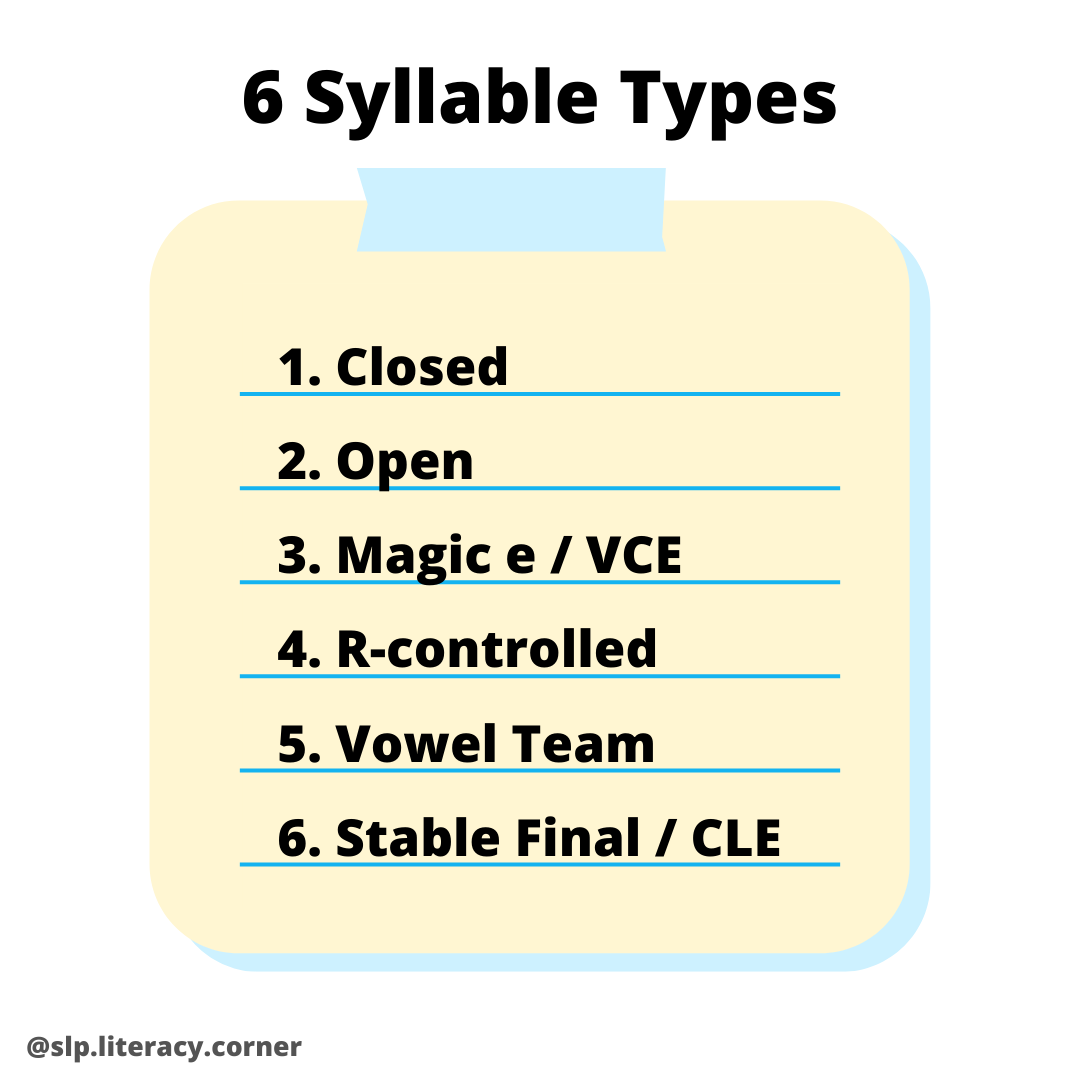SLP Literacy Corner Blog
Welcome to the blog! Read more about literacy instruction and activities.

Websites for Literacy - Pink Cat Games
Pink Cat Games offers a large library of over 200 games (4 are free!) and questions. Games can be customized to embed your desired target words, sentences, pictures or other targets within a game.

Websites for Literacy - Zoo Live Cameras
Have you tried going on virtual field trips with your students? Many zoos, such as the San Diego Zoo, have live cameras on their website so that you can watch the animals. Go on virtual field trips to get students engaged in a variety of literacy activities!

Pumpkin Spice Literacy Activities
You’ve heard of pumpkin spice lattes, but have you hear of pumpkin spice literacy?! Here are 10 primarily pumpkin themed literacy activities to help you spice up your literacy lessons this fall! They are low-prep, fun, and perfect for fall and spooky season.

Websites for Literacy - The Hanen Book Nook
The Book Nook is a page on The Hanen Centre website that includes tons of practical information about emergent literacy. It is a helpful resource for Speech-Language Pathologists, caregivers, teachers, early childhood educators, and other educators.

Websites for Literacy - Pokémon Pokédex
Pokémon is one of my personal interests, and an interest I share with many of my students! The Pokémon Pokédex can be used in literacy lessons to work on phonological awareness, phonics, vocabulary, reading fluency, and writing.

Websites for Literacy - UFLI Foundations Toolbox
Many schools in Ontario, Canada have started using the UFLI Foundations program, an explicit and systematic program that teaches students foundational literacy skills. You need to check out all the amazing resources they have made available for free on their website!

Websites for Literacy - DK Find Out!
DK Find Out is my favourite online interactive encyclopedia for students. With school back in session, you’ll want to bookmark this website for nonfiction text reading and research for projects!

Effective Alphabet Instruction
What is the best way to teach the alphabet? The truth is, there is no one “perfect” or “right” scope and sequence when it comes to alphabet and phonics instruction, but research does suggest the following…

Websites for Literacy - Funny Fill-In
Check out the Funny Fill-In activities on the National Geographic Kids website! These “Mad Libs” like word games are an engaging activity for students of all ages, and you can target a wide variety of literacy goals within a single activity.

Medium Lady Talks - Podcast Guest
I had the pleasure of being a guest on the Medium Lady Talks podcast, and both episodes are out now. I talked about my personal journey learning to read, building the SLP Literacy Corner community, and all about learning how to read.

SLP Corner - Podcast Guest Ep. 119
I had the pleasure of being a guest on the SLP Corner podcast, and the episode is out now! I’ve linked all the resources we mentioned in the podcast here in this blog.

The Fluent Reader - Book Summary
This post summarizes what I learned while reading The Fluent Reader: Oral Reading Strategies for Building Word Recognition, Fluency, and Comprehension by Dr. Timothy V. Rasinski.

What is Reading Fluency?
Overall, “Reading fluency refers to the ability of readers to read the words in text effortlessly and efficiently (automaticity) with meaningful expression than enhances the meaning of the text (prosody).” - Timothy V. Rasinski, The Fluent Reader

A Fresh Look at Phonics - Book Summary
This post summarizes what I learned while reading A Fresh Look at Phonics: Common Causes of Failure and 7 Ingredients for Success by Wiley Blevins.

Syllable Types
Learn all about syllable types, and the arguments for and against teaching them to our students.

What is Phonological Awareness?
Phonological awareness is the ability to recognize and manipulate the parts of spoken words and sentences. It is a foundational skill for both reading and writing, and is a predictor of early reading success.

Effective Literacy Instruction
When working on literacy skills, we need to look to the Science of Reading (SOR). This is the collection of research from multiple disciplines (e.g., psychology, neuroscience, education) that provides scientific evidence for how children learn to read and write, and how to best support literacy development for all readers.

